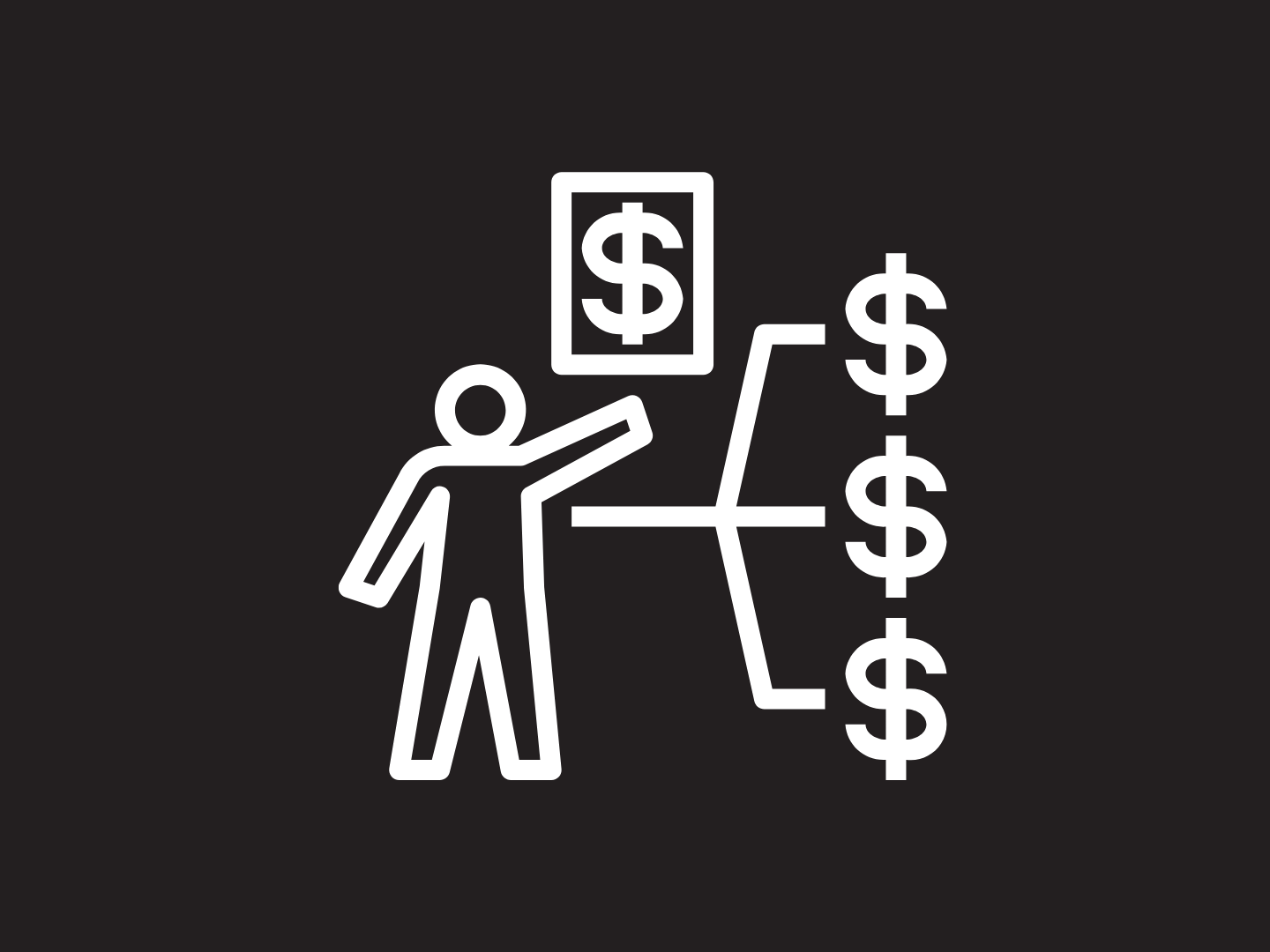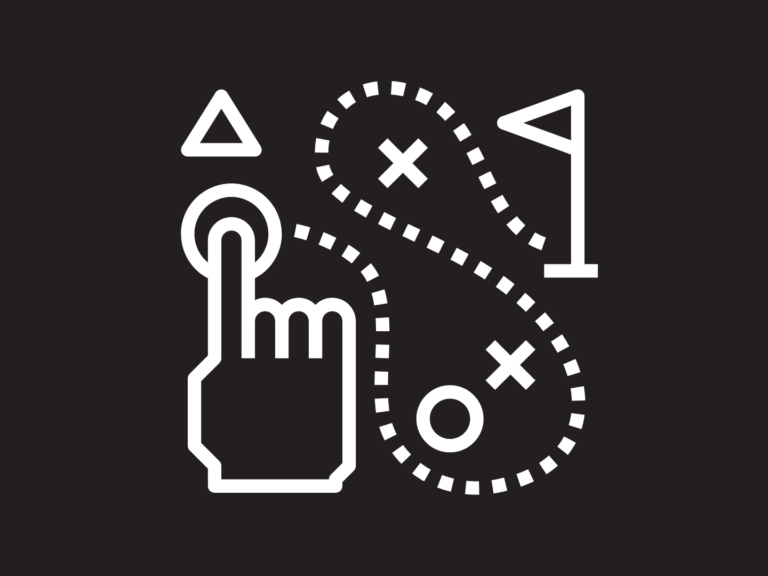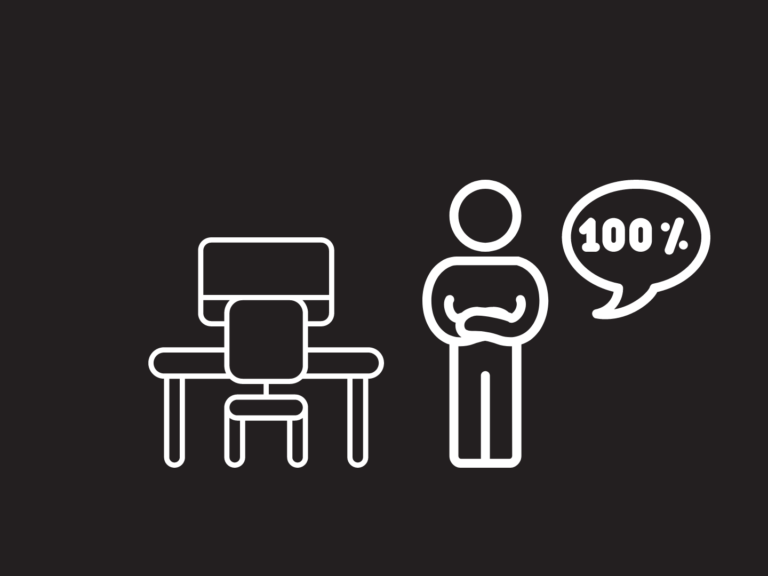Do Side Hustles Make You an Entrepreneur?
In today’s fast-paced and dynamic world, side hustles have become increasingly popular. Many individuals are engaging in part-time ventures to supplement their income, pursue passion projects, or gain financial independence. However, does engaging in side hustles make you an entrepreneur? In this blog post, we will dive into the definition of an entrepreneur and explore whether side hustles align with this role.
- Understanding the Definition of an Entrepreneur
- Exploring Side Hustles
- Building Skills and Experience
- Validating Business Ideas and Market Demand
- Personal Preferences and Goals

Understanding the Definition of an Entrepreneur
Entrepreneurship refers to the process of identifying and seizing opportunities, innovating, and creating value through the establishment and management of a business venture. Entrepreneurs are individuals who possess specific characteristics that drive them to navigate risks, solve problems, and pursue their visions. These key characteristics include innovation, risk-taking, problem-solving, adaptability, and a goal-oriented mindset.

Exploring Side Hustles
Side hustles, often referred to as part-time or freelance work, have experienced a surge in popularity. People engage in side hustles for various reasons, such as supplementing their income, pursuing their passion projects, or gaining financial independence. The advantages of side hustles are numerous. They offer flexibility, allowing individuals to balance their work and personal lives effectively.

Building Skills and Experience as an Entrepreneur
One of the key benefits of side hustles is the chance to build a foundation of skills and experience. By engaging in a part-time business or freelance work, individuals can develop a diverse skill set, gain practical knowledge, and expand their expertise in different industries or fields. This accumulation of skills and experience can prove invaluable when transitioning into full-time entrepreneurship, providing a solid foundation for success. Side hustles also involve networking and collaboration with different individuals and businesses. Building a robust professional network can provide aspiring entrepreneurs with connections, mentorship opportunities, and potential partnerships when they embark on their entrepreneurial journey.

Validating Business Ideas and Market Demand
Side hustles allow aspiring entrepreneurs to test their business ideas in a real-world setting. By offering products or services through their side ventures, individuals can gauge market demand, refine their concepts, and gather valuable feedback from customers. This low-risk environment enables them to validate their business ideas, make necessary adjustments, and gain insights into the feasibility of their entrepreneurial aspirations.

Goals and Entrepreneurship
While side hustles can provide a pathway to entrepreneurship. It’s important to recognize that not everyone who engages in a side hustle aspires to become an entrepreneur. Many individuals are content with the extra income and flexibility that side hustles offer. Without the desire or intention to fully commit to starting and scaling their own businesses. Some people prefer to keep their side ventures as a supplemental source of income while maintaining stability and security in their primary employment.
The Bottom Line
Side hustles can serve as a stepping stone for aspiring entrepreneurs by allowing them to test business ideas, validate market demand, and build a foundation of skills and experience. However, it is essential to understand that not all individuals who engage in side hustles have the goal of becoming entrepreneurs. Many are satisfied with the additional income and flexibility that side hustles provide. Without the desire to take on the full responsibilities and risks associated with entrepreneurship. Ultimately, the decision to pursue entrepreneurship or maintain side hustles as a supplementary income stream depends on personal preferences, goals, and aspirations.





